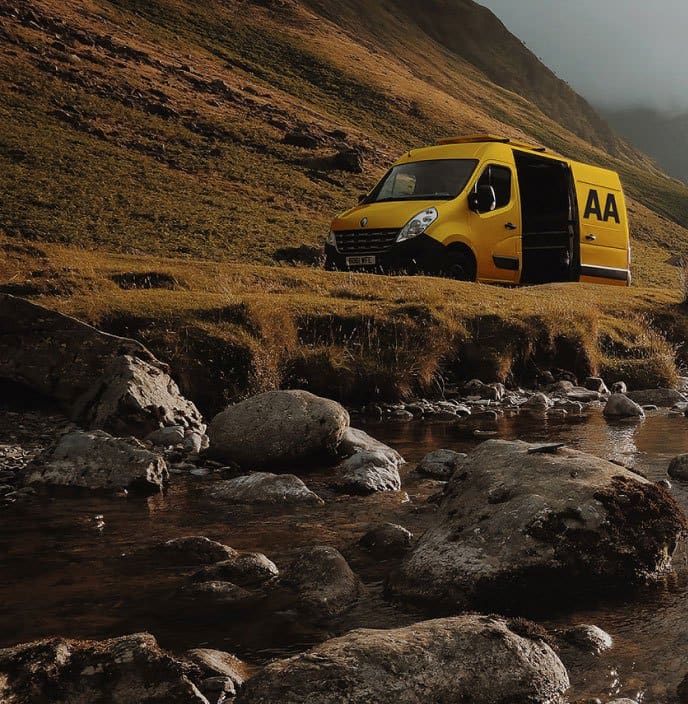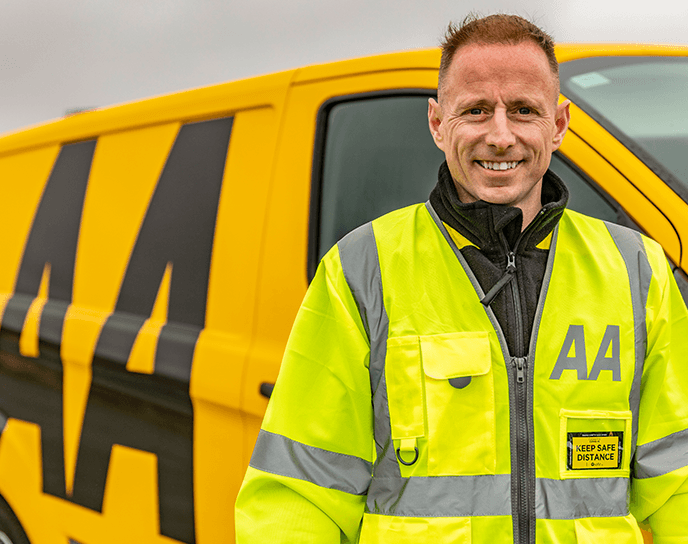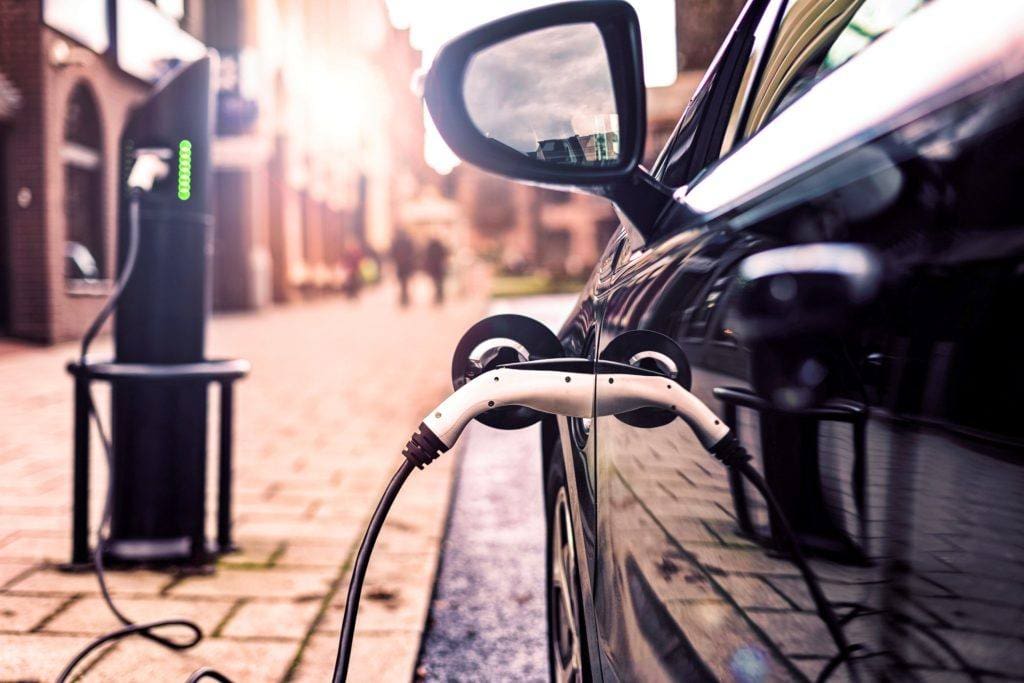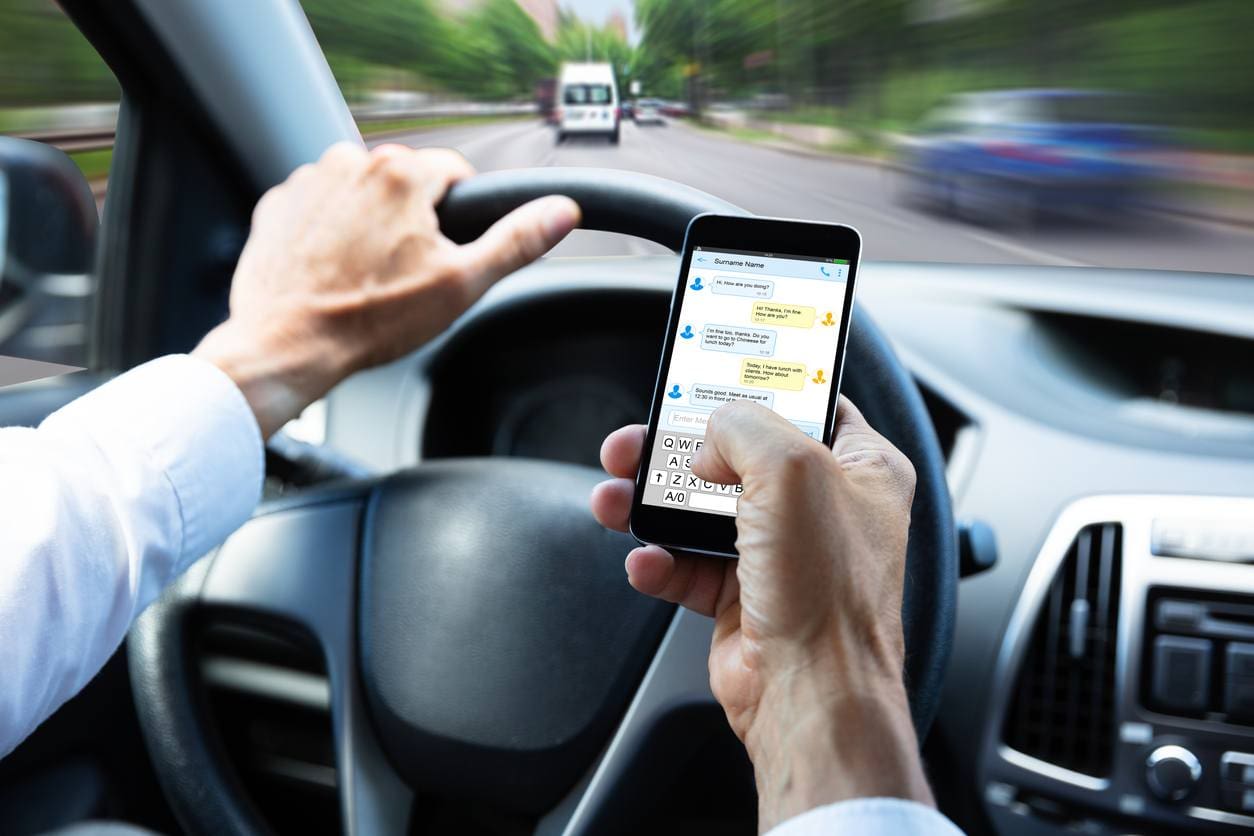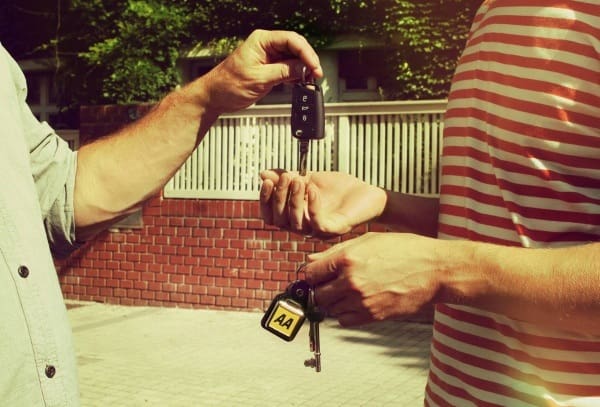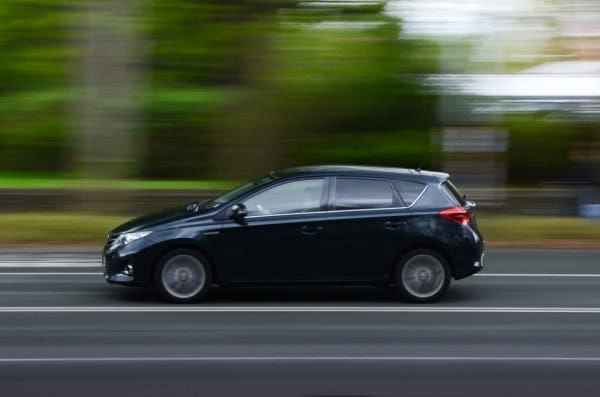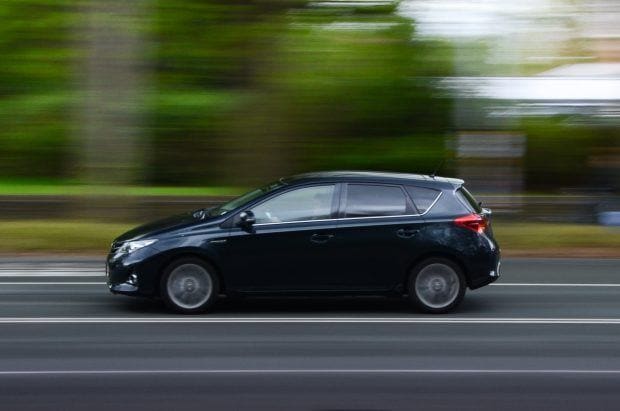Only one third of drivers plan to buy another standard petrol or diesel car, according to a recent poll by AA Ireland – but most of those who change will choose a hybrid rather than a fully electric car.
The majority of the 8,241 drivers surveyed said that their next vehicle would not be a traditional ICE (internal combustion engine) vehicle, but most are still reluctant to move to a fully electric vehicle.
Most of the drivers polled currently own a petrol (39%) or diesel (51%) car, and just 34% of these drivers said they would buy another such vehicle. However, those who intend to change are three times more likely to pick a hybrid vehicle than a full EV.

2 in 5 (40%) of the current ICE drivers will go for a hybrid car next, compared to just 1 in 8 (12.5%) who say they’ll pick an EV.
“It appears that drivers are still reluctant to make the move to a full Electric Vehicle” , said AA spokesperson Lauren Beehan. “Most say they would choose a hybrid – but this could be a stepping stone to buying a full EV in years to come, as current hybrid drivers are more than twice as likely to buy an EV for their next vehicle as petrol and diesel drivers are. It seems those who have already made the switch to a hybrid or an EV are generally very happy with their choice, and almost none plan to go back to a fully ICE vehicle.”

90% of current EV owners plan to buy another EV, and 99% would not go back to ICE.
1 in 3 current hybrid owners say they will move to fully electric next time, while a further 63% plan to buy another hybrid. Only 1.8% of hybrid drivers say they are planning to buy a traditional petrol/diesel vehicle again.

Reasons for not choosing EVs
The most common factors in choosing not to buy an EV were the high purchase price of these vehicles (67%), worries about the range (46%), fear that charging takes too long (31%) and the lack of regular access to a charger (30%).
The Government’s Climate Action Plan last week cemented high targets for EV penetration in the Irish market, planning for 1million electric vehicles on the roads by 2030. There are concerns about the acquisition of this technology.
“The price of a new EV is still a major stumbling block for drivers, and many comments expressed concerns about the relatively small size of the second-hand market in Ireland so far. Almost 90% of those polled believe that EVs need to become cheaper to purchase, and over three quarters would support increased government grants to purchase an EV”, added Beehan. “Other common concerns that people told us about were the conditions of the current charging network, fears of electricity shortages in the future, and the range of the vehicles.”
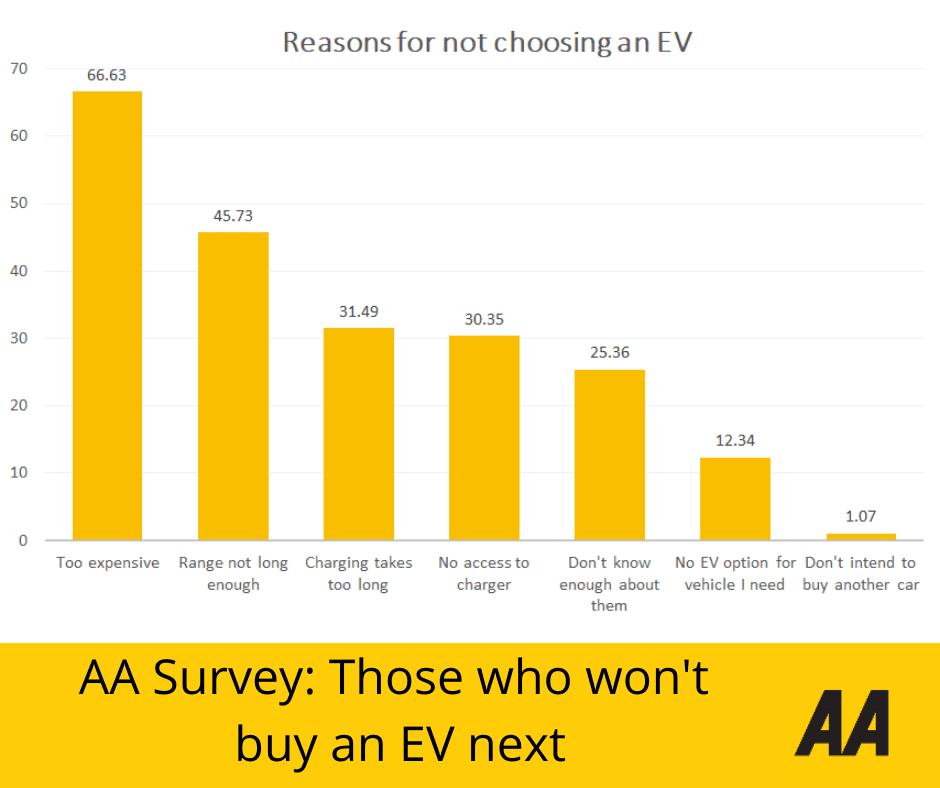
Notably, around two-thirds of respondents said they drive less than 200km in an average week, which would be well within the range of most EVs on the market. 69% of those who are planning to buy an EV say they travel less than 200km a week, compared to 62% of those who say they would not buy one.
Others mentioned that they had environmental doubts, mainly around the disposal of batteries and the fact that the national grid still uses fossil fuels to generate electricity. A small number commented that they were waiting for newer technology, such as hydrogen vehicles, and several said there is no suitable EV for the vehicle type they need (mainly due to needing to tow a trailer or horse box, or needing a wheelchair accessible vehicle).
9 in 10 want to see more public chargers installed, but fewer than 2 in 5 would support non-financial incentives for EV owners, such as access to bus lanes.


